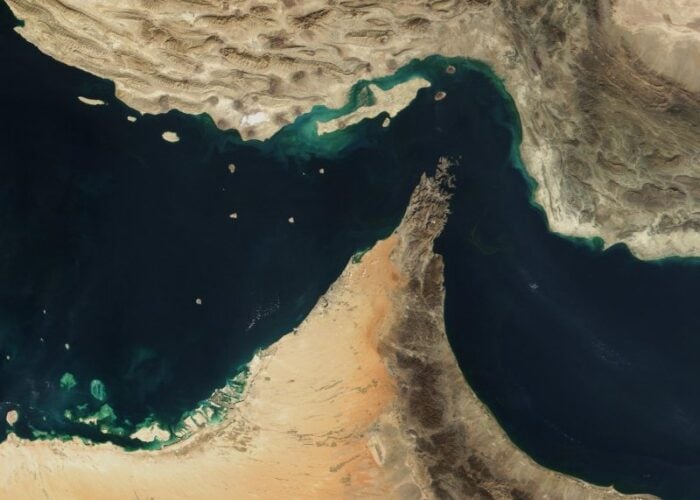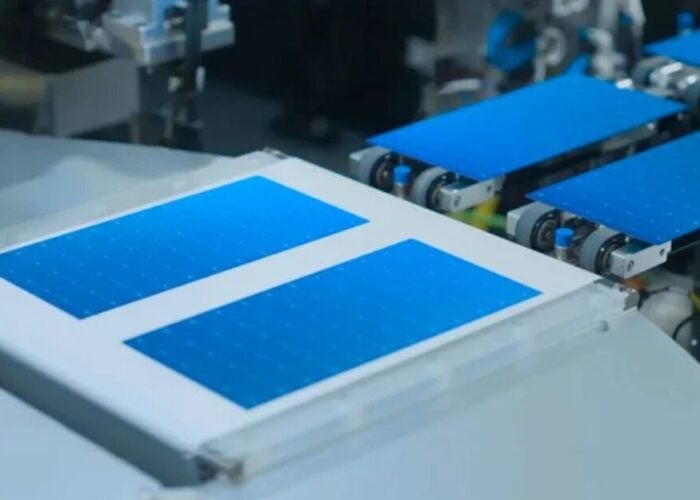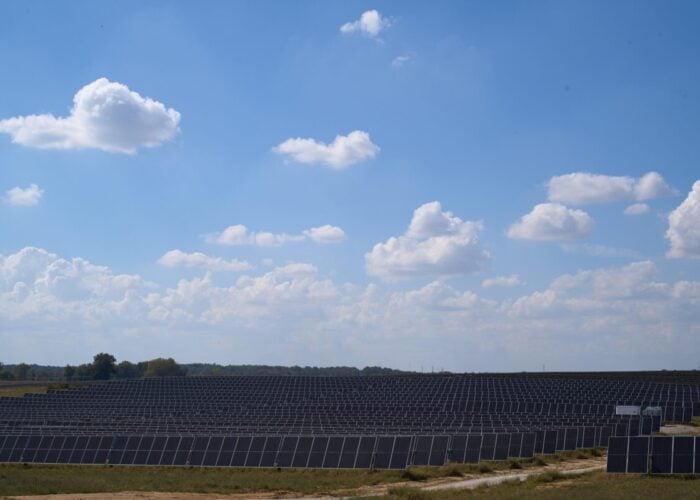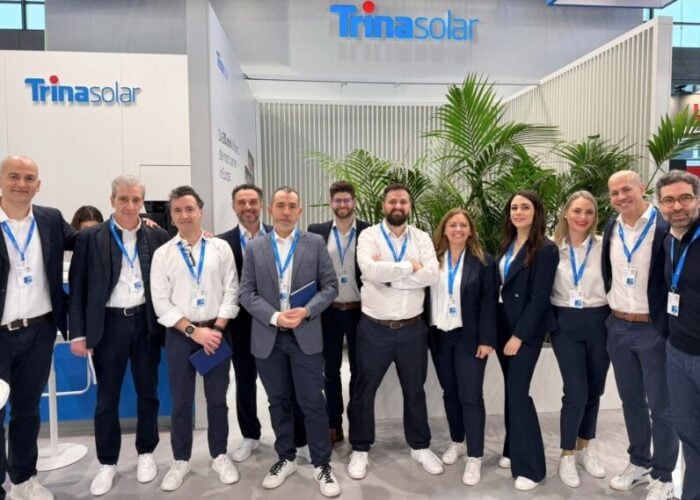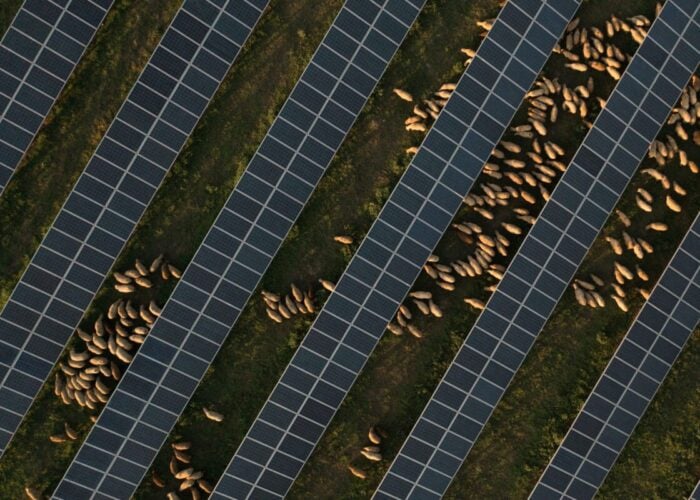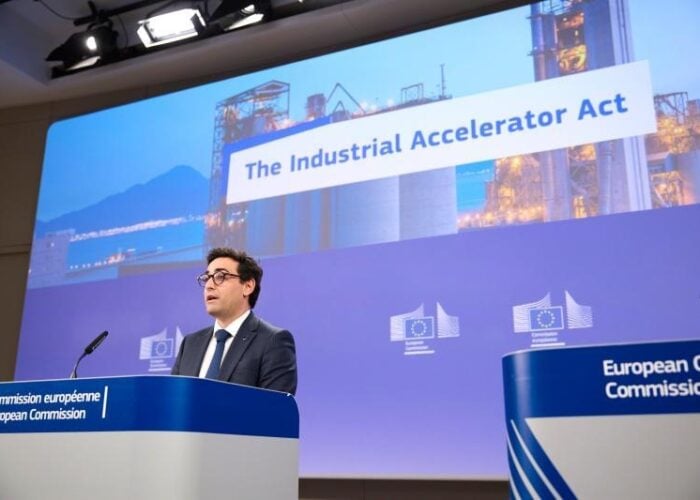German manufacturer Singulus Technologies has received an order for its Singular PECVD tool, a coating tool for the application of ARCs on crystalline silicon solar cells, from the Solar Energy Research Institute of Singapore (SERIS). The Singular is part of a multi-million dollar project headed by SERIS focusing on silicon wafer heterojunction solar cells and their mass production.
Dr Ing. Stefan Rinck CEO at Singulus Technologies said, “SERIS is one of the leading solar research institutes in Asia and Singulus Technologies is proud to collaborate with Dr Thomas Mueller and his team on the heterojunction solar cell project. We believe that this project will see the successful commercialization of a technology based on our Singular ICP-PECVD coating tool for antireflection coatings for new crystalline silicon solar cells, which will reduce the cost of solar cell production and make solar PV a cost-effective alternative source of energy.”
Try Premium for just $1
- Full premium access for the first month at only $1
- Converts to an annual rate after 30 days unless cancelled
- Cancel anytime during the trial period
Premium Benefits
- Expert industry analysis and interviews
- Digital access to PV Tech Power journal
- Exclusive event discounts
Or get the full Premium subscription right away
Or continue reading this article for free
SERIS operates pilot lines for both silicon wafer solar cells and silicon thin-film solar cells.
The Singular tool has already demonstrated capabilities for silicon nitride ARCs, achieving excellent efficiencies and colour uniformity for current solar cell technologies. In the SERIS project, these capabilities will be expanded to the deposition of active layers for heterojunction silicon wafer solar cells. The key of the tool is the PECVD inductively-coupled plasma excitation, which is said to allow ideal control over film composition and density at high deposition rates.
The tool concept is based on static inline production which combines the advantages of inline substrate transport and static processing. It allows coating of complex layers, like layer stacks or gradients, by keeping a continuous substrate flow.
The R&D project is jointly funded by the National Research Foundation of Singapore (NRF) and several international partners. The consortium brings together partners spanning from wafer, equipment and materials suppliers to device and module manufacturers.

